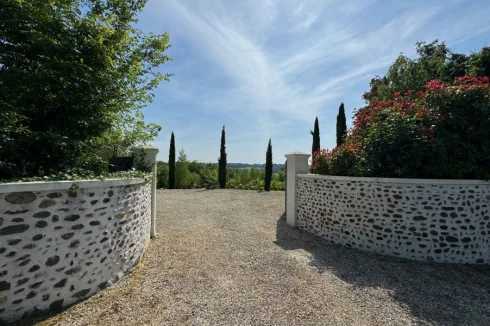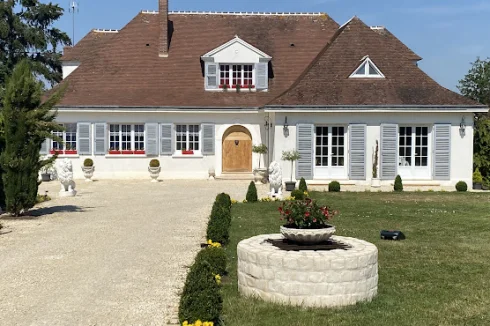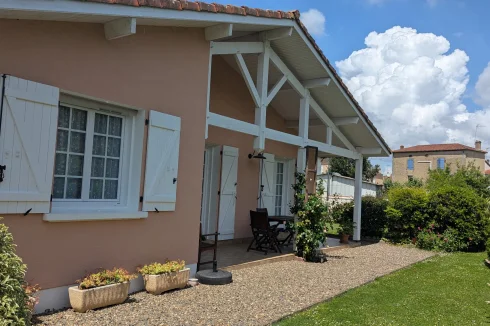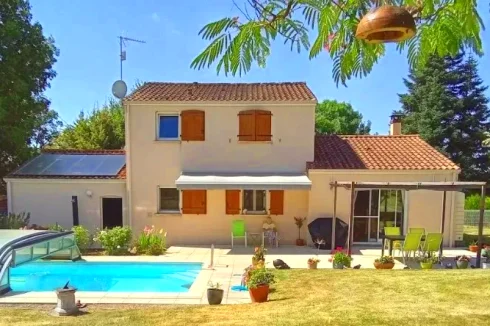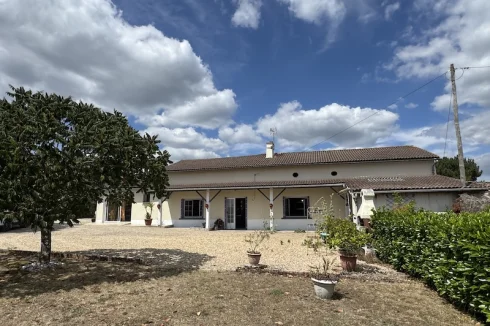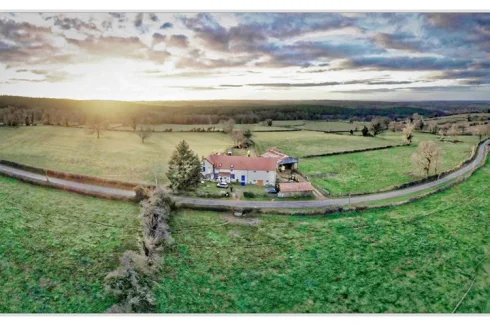Mortgage Guarantees in France
Monday 05 September 2016
The use of an insurance guarantee over a conventional charge on a property is becoming the norm amongst mortgage lenders in France.
These guarantees are called cautionnement bancaire d’un crédit immobilier, offered by specialist mutual insurers known generically as sociétés de cautionnement.
Many lenders are reluctant to use a caution if you are not fiscally resident in France, but it will depend on the quality and nature of your application.
Existing expatriates seeking funds for home improvement or investment in a rental property would automatically be eligible.
Under the caution form of secured lending, the insurer acts as a guarantor to the mortgage lender in the event of default by the borrower on their loan. In turn, the borrower pays the insurer a fee that is proportional to the size of the loan.
So there is no charge placed on the property by the mortgage lender, and no legal mortgage registration costs to pay.
The guarantees operate on the basis of mutualisation of the risk between the lenders, who pay into a central fund to cover the default risks.
The banks have joined together and created their own mutual insurer, the biggest of which is Le Crédit Logement, who control around half of the market.
Some major banks also have their own guarantor: CAMCA (Crédit agricole), CMH (Crédit mutuel) and SOCAMI (Banque Populaire).
The use of this type of security has grown substantially over the past decade, rising from around a third of all mortgage securities in 2000 to now account for over half of all mortgage guarantees.
One of the major reasons for this growth is that the transactions cost are lower than a conventional mortgage. Although the charge for a conventional mortgage varies by lender and size of mortgage, on average they cost around 2% of the loan in fees and taxes.
In addition to this initial cost, there is also a charge of around 1% for redemption of the mortgage in the event of sale of the property, a process known as mainlevée.
No such redemption process or fee is necessary for an insurance guarantee, and the set-up fees are lower.
Although the fee structure varies as between the lenders, it is not usual for it to be in two parts:
- A fee for the guarantee, which is 75% reimbursable when the loan is repaid;
- An arrangement fee that is retained by the guarantor.
The fee for the guarantee is about 1.5% of the loan and the arrangement fee varies around 0.5% of the loan, although the fees are sometimes negotiable.
Thus, on a loan of €150,000, the initial fee might be in the order of €1,700, made up of an arrangement fee of €300 and a fee for the guarantee of €1,400.
The former is retained by the lender and the latter is 75% reimbursable at the end of the mortgage. This would give net fees of around €500, equivalent to 0.7% of the loan.
In some cases the fee is not reimbursable, but in these cases the initial fee payable will be lower, e.g. 1%.
The use of institutional guarantees is normally a quicker procedure than a mortgage, both in the purchase and sale procedures, as there is no need to go through the mortgage registration process.
It is also particularly useful for loans of short duration, as there are no costs to pay in redeeming a mortgage.
The use of insurance guarantees does not imply that your house is not at risk if you do not make the payments, for the insurer can ultimately seek debt recovery in the courts and enforce the sale of your property if you do not pay. The insurer is providing the guarantee to the bank, not the lender.
If you may be interested in seeking a mortgage in France, you can visit French Property Mortgages to explore the options available to you.
Related Reading:
Next Article: Payment of French Income Tax
Thank you for showing an interest in our News section.
Our News section is no longer being published although our catalogue of articles remains in place.
If you found our News useful, please have a look at France Insider, our subscription based News service with in-depth analysis, or our authoritative Guides to France.
If you require advice and assistance with the purchase of French property and moving to France, then take a look at the France Insider Property Clinic.
